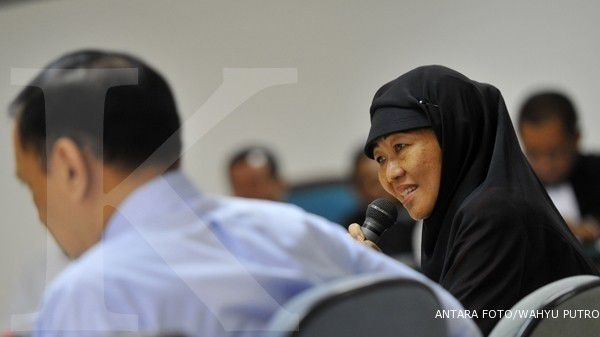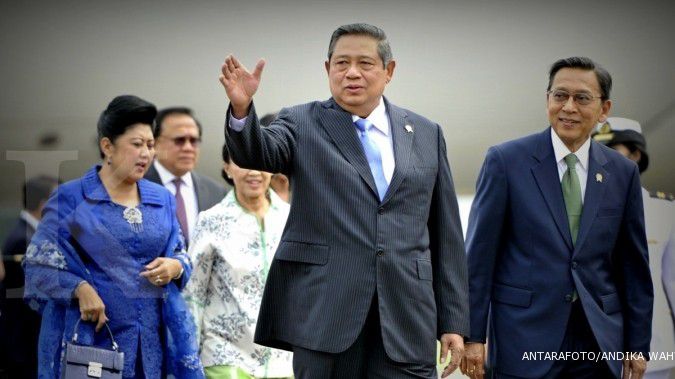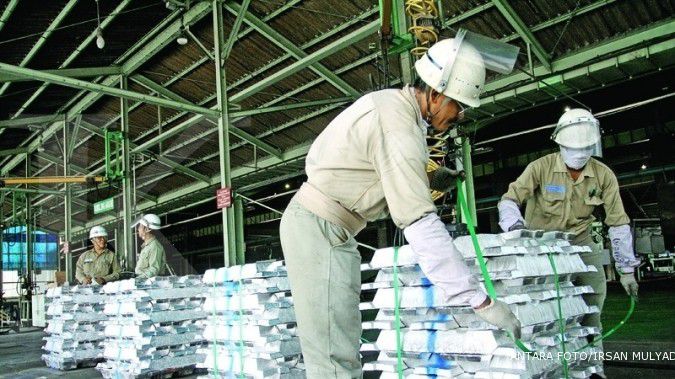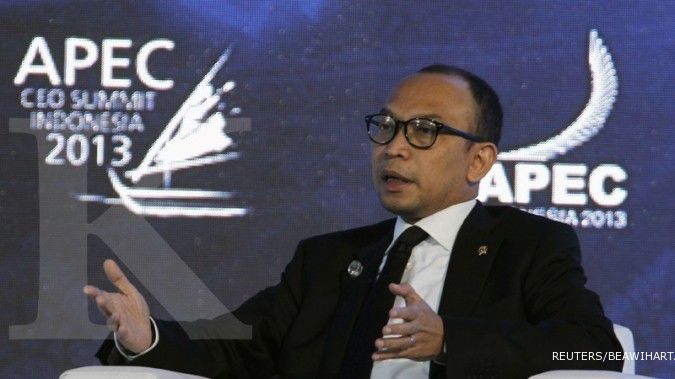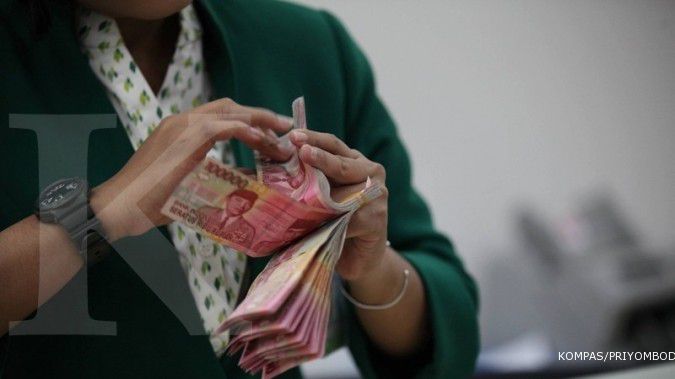JAKARTA. The Finance Ministry has introduced a tax program to serve as a “punishment” for mining firms looking to capitalize on loopholes in the newly implemented 2009 Mining Law, or those falsely promising to build smelters in order to keep on exporting raw minerals.
The tax program, called the progressive tax, will be applied at a higher rate for copper producers, a move seen as targeting US-based mining giants Freeport-McMoran Copper & Gold Inc. and Newmont Mining Corp., which jointly account for 97 percent of the country’s total copper output.
Under the new tax regulation, companies exporting copper concentrate will be obliged to pay 25 percent tax, with the tax amount incrementally increasing every six months, starting next year, until it reaches 60 percent in 2017.
“This is a form of punishment for companies that do not have mineral-processing smelters in the archipelago,” Finance Minister Chatib Basri said on Monday.
The new tax rule would make it economically unfeasible for mining firms to continue exporting raw ore and, consequently, it would force them to process the ore domestically.
“Sixty percent export tax is high. Most companies don’t have a 60 percent profit margin,” he said.
Chatib said the progressive tax would be imposed gradually to give miners time to build smelters for processing the ore domestically to meet the required purity levels. If the tax was arbitrarily set at 60 percent now, mining companies would just quit the archipelago; a situation that would cause great state losses and trigger massive layoffs, he added.
He explained that the higher import tax for copper concentrate, which will specifically affect the operations of Freeport and Newmont, was being imposed due to “profit margin” considerations, as copper miners tended to have higher profit margins than their peers.
A ban on the export of unprocessed ore came into effect on Jan. 12, after President Susilo Bambang Yudhoyono signed last week a government regulation enforcing the Mining Law.
The regulation aims to encourage miners operating here to process their mineral ore domestically and, in so doing, help Indonesia to rise up the global supply chain by shipping more value-added goods; a particularly significant move given the fact that the archipelago’s exports remain heavily dependent on raw natural resources.
However, the President decided that, while the export of ore such as nickel, bauxite, chromium, gold silver and tin would be totally banned, as they were required to be processed domestically, others such as copper concentrate, iron sands, iron ore, manganese, zinc and lead could still be exported.
The compromise was reached after Yudhoyono was warned of the possible layoffs and economic losses following the ban. Potential losses caused by an across-the-board ban of all unprocessed ore would amount to US$6 billion throughout 2014, according to the World Bank.
With the compromise in place, the burden on the country’s trade balance would be “very far below” the government’s earlier estimate of $5 billion, according to Chatib, who predicted that Indonesia would post a surplus in its mining trade balance in 2015, as the number of exports for processed, value-added minerals gathered pace.
On Monday, Indonesia’s stocks, bonds and currency markets rallied on expectations that the softer ore export ban would have a minimal impact on the current-account deficit, which has sparked negative sentiment concerning the country’s economic sustainability and limited capital. (Satria Sambijantoro)
/2011/09/06/1299960516.jpg)
